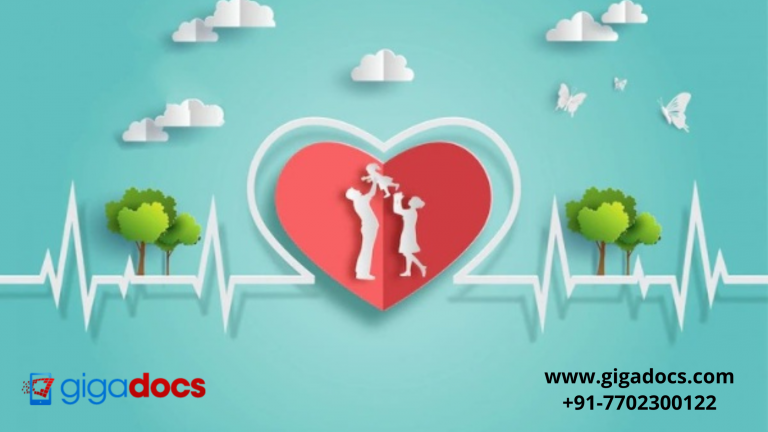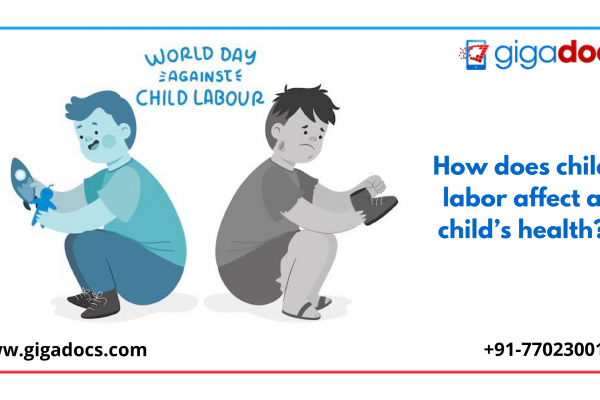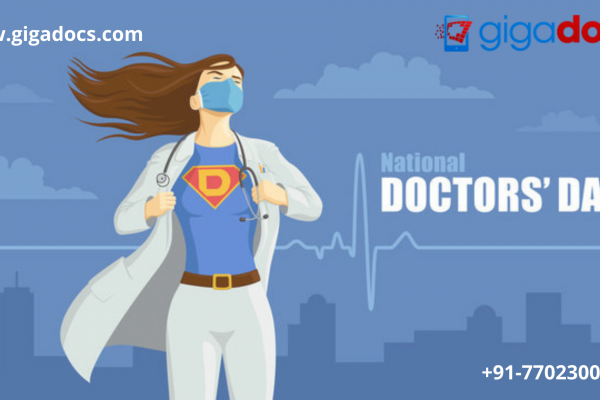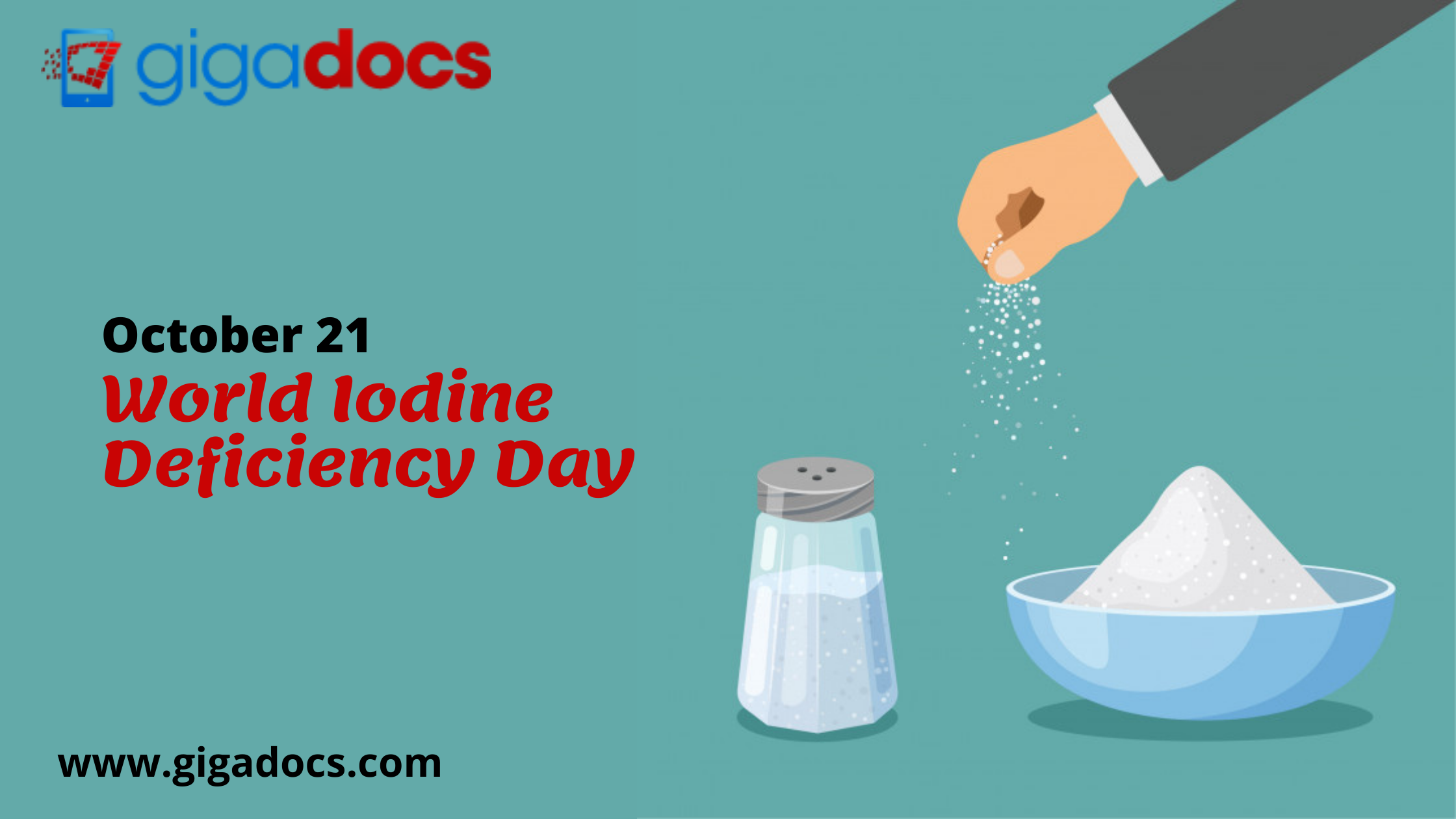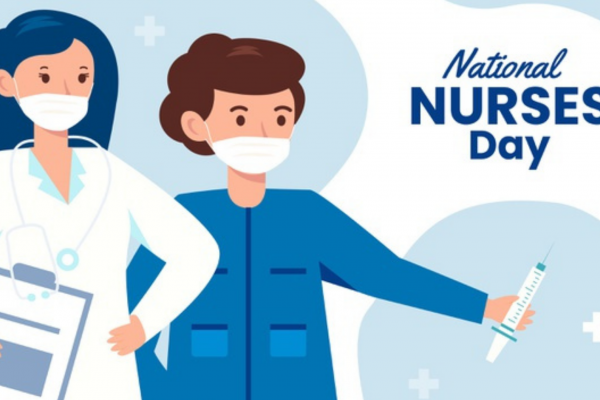Cardiovascular diseases (CVD) are the leading cause of death worldwide, claiming over 17 million deaths yearly. The most common causes of death were coronary heart disease or strokes. The World Heart Federation has set up World Heart Day to combat this. Every year on September 29, World Heart Day is observed to raise awareness of cardiovascular diseases and how to control heart disease to reduce its global impact.
A common misconception about cardiovascular diseases (CVD) is that it affects more people in developed countries, where people rely more on technology and live sedentary lives. However, more than 80% of deaths occur in middle- and low-income countries.
| Facts about the heart- The number of times our heart beats in a day is around 115,000. The number of gallons of blood pumped by the heart daily is around 2,000. The first open-heart surgery was performed in 1893.3,500 is the age in years of an Egyptian mummy found with the earliest-known case of heart disease. The pygmy shrew has the fastest heartbeat per minute at 1,200. The weight of the human heart is one pound or .453 kg. Sixty thousand miles is the maximum length of our blood vessel system. The heart of a blue whale weighs 1,500 pounds. The amount of blood pumped by our heart each minute is 1.5 gallons. |
Cholesterol | What is it?
You may believe that all Cholesterol is bad, but your body requires some to function properly.
To explain in simple words, Cholesterol is a waxy substance produced by your body and obtained from food. It enables your body to produce vitamin D and certain hormones, such as estrogen in women and testosterone in men, and aids digestion.
Why should you be concerned about cholesterol?
You’ve probably heard of two kinds of cholesterol: High-density lipoprotein (HDL)- good cholesterol, and low-density lipoprotein (LDL)- bad cholesterol.
Bad cholesterol can contribute to the formation of artery-clogging plaque. Good cholesterol, on the other hand, aids in the removal of plaque and aids in the prevention of heart disease. Heart disease can be caused by having too much of the bad or not enough of the good.
How to identify High cholesterol?
High cholesterol usually causes no symptoms. It is best to monitor your cholesterol levels with a blood test or at-home kits. You may need to fast for nine to twelve hours before your test to avoid eating, drinking, or taking medication. Consult your doctor about the best way to prepare for a home test.
This blood test will give you several numbers, including total cholesterol, good and bad cholesterol levels, and triglycerides, a type of fat.
Cholesterol Goals
| Total cholesterol | > 200 mg/dL |
| LDL/Bad Cholesterol | < 70 mg/dL if you already have heart disease |
| < 100 mg/dL for high risk for heart disease | |
| < 130 mg/dL if you are at low risk for heart disease | |
| HDL/Good Cholesterol | > 40 mg/dL for men |
| > 50 mg/dL for women | |
| Triglycerides | < 150 mg/dL |
How frequently should my cholesterol levels be checked?
- If you are over 20 and do not have heart disease, your cholesterol levels should be checked every 4 to 6 years.
- If you are at risk for heart disease, have high cholesterol, or have been on cholesterol-lowering medications, you may need to check your cholesterol more frequently.
How to reduce cholesterol
Medications and lifestyle changes can help you control your high cholesterol. Even if you don’t have high cholesterol, you can reduce your risk of heart disease by changing your daily habits.
What are the symptoms of high blood pressure?
See a doctor if you have-
- High blood pressure
- Severe headaches or back pain
- Chest discomfort
- Nausea or vomiting
- A nervous or anxious feeling
- Visual problems, or seizures.
| High Blood Pressure (or Hypertension) When you choose healthy behaviors, you can reduce your risk of heart disease while preventing other serious chronic conditions such as type 2 diabetes and certain types of cancer. High blood pressure affects nearly one in every two adults. However, only 25% of people have it under control to 130/80 mm Hg. High blood pressure, if uncontrolled, can increase a person’s risk of developing heart disease, stroke, heart failure, kidney disease, pregnancy complications, and cognitive decline later in life. |
Telecardiology with Gigadocs
Telemedicine provides consultation online using telecommunication strategies that include telephone or video consultation to improve a patient’s health. Telecardiology uses cutting-edge technology to diagnose and treat heart disease in real time. It meets patients’ needs for quick, dependable, long-term, and low-cost services. It increases access to care, thereby increasing healthcare overall and improving outcomes.
From virtual visits and hospital connections to ongoing patient monitoring, digital consultation uses telemedicine to provide transparent two-way interaction between doctors and patients.
Patients who live far from medical facilities have mobility issues or a busy schedule, and those who require continuous medical care and monitoring have the greatest need for remote cardiology. To book you consultation download the Gigadocs app from-
- IOS App – apple.co/2W2iG4V
- Android App – bit.ly/33AQoR
